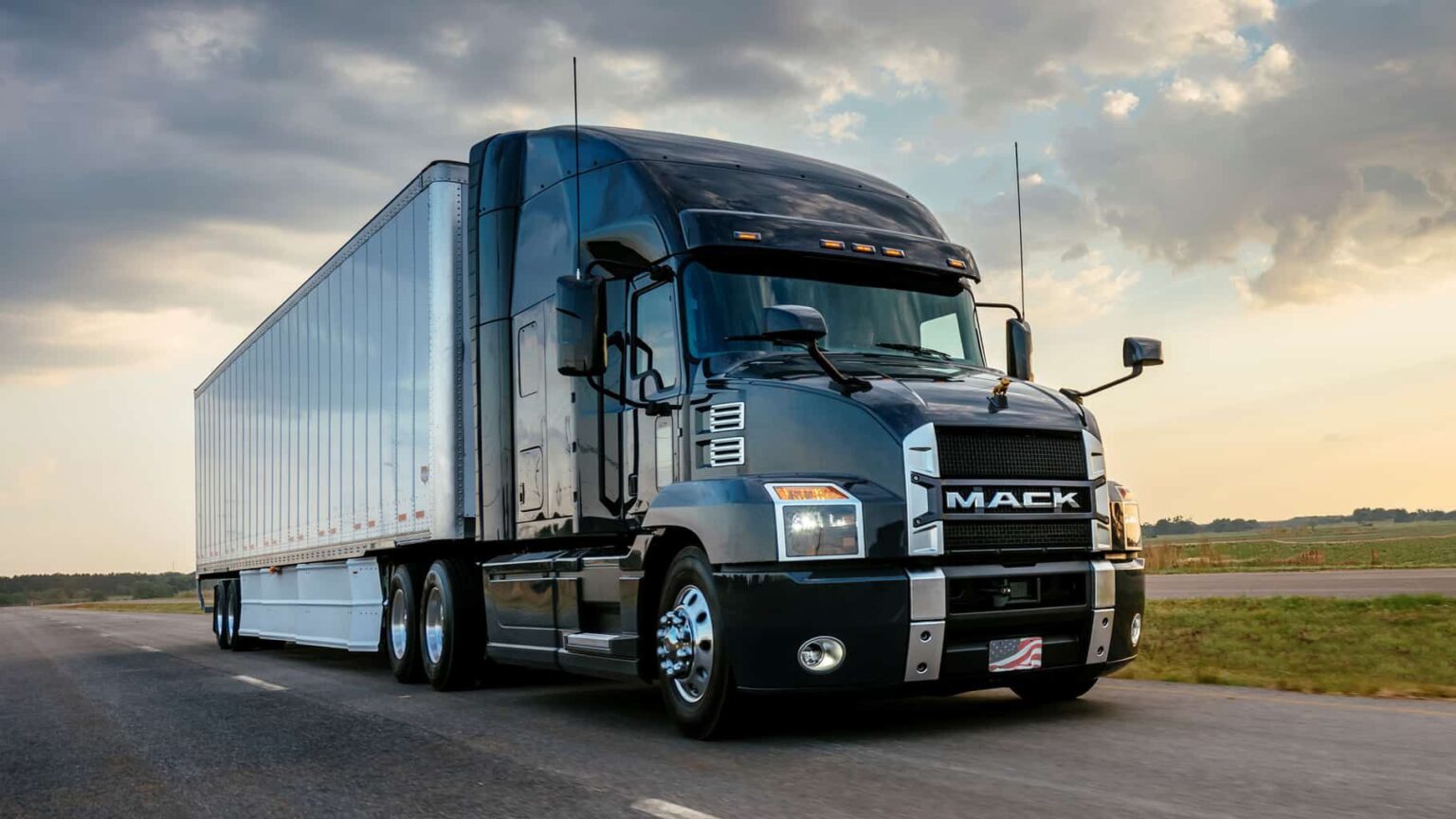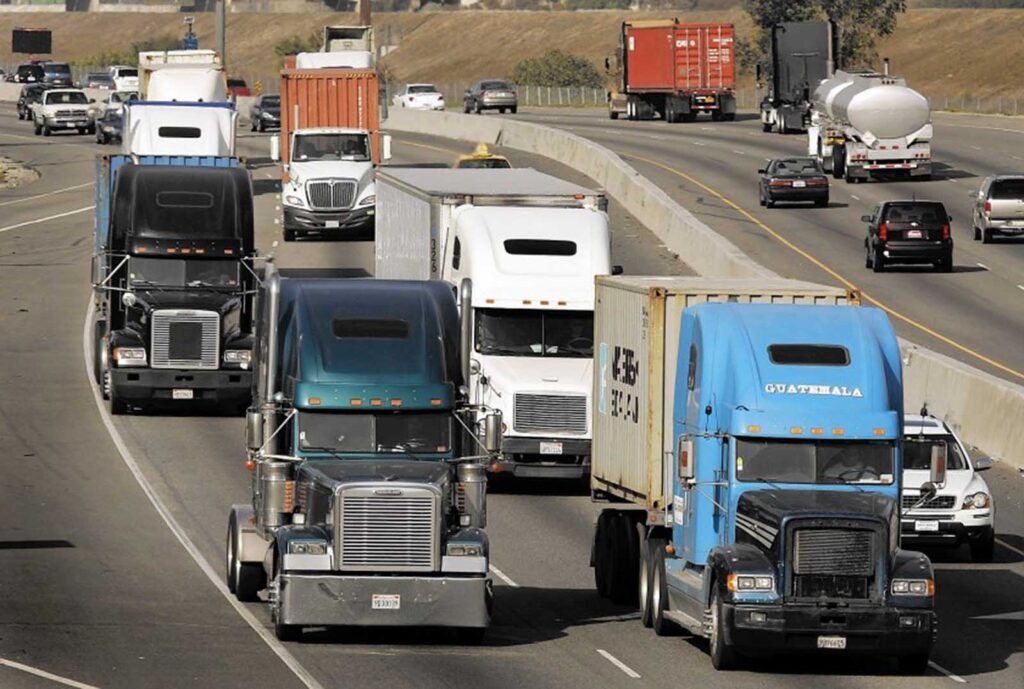
How To Become a Truck Dispatcher
A truck dispatcher’s job is to organize pickups and deliveries between vendors, drivers, and customers. Many truck dispatchers are able to work from home, and the job demands strong interpersonal and organizational abilities.
Furthermore, truck dispatching may lead to several internal promotions. What do truck dispatchers do? How much do they get paid? How you get truck dispatcher training? What’s it like to work in the trucking industry? All of these questions and more will be answered in this article.

Can you explain what a trucking company’s dispatcher does?
As the middlemen between clients, drivers, and suppliers, truck dispatchers or freight dispatchers work for trucking and freight firms. In most cases, truck dispatchers deal with in-house drivers, but they also often contact and interact with drivers from other carriers. Among the many important jobs that a truck dispatcher often does to keep operations operating well are the following:
- Responding to phone calls from customers in need of truck drivers and communicating delivery and pickup instructions to those drivers
- Making sure deliveries are made on schedule by monitoring transit and planning pickups in advance
- Processing freight orders, handling billing difficulties, and keeping detailed records
- It is often necessary to load or unload a variety of goods onto freight vehicles.
- Complex software is used to plan transport routes and keep drivers informed while they are on the move.
Career advice for aspiring truck dispatchers
Becoming a truck dispatcher is a job that may be begun from the comfort of your own home. You can even try any Truck dispatcher course online free on the internet. Although a degree isn’t always necessary, if you want to grow in your field, you should probably get one. In addition to enhancing your chances of being hired for your first dispatching job, this may help you distinguish yourself from the competition by giving you a leg up on your credentials. Following are some suggestions for getting started in the field of truck dispatching:

1. Completion of all necessary coursework
You need to have a diploma or equivalent from a secondary school to be considered for this position. I highly recommend enrolling in a truck dispatching school, since it will provide you with an excellent overview of the field and teach you many useful skills. For instance, you may get the education and experience you need for a job in truck dispatching via several online programmes. This isn’t necessary, but it’s a great next step on the road to becoming a dispatcher.
2. The Associate of Arts and Sciences
Many organizations want candidates who have earned at least an associate’s degree in logistics, transportation, or a job that is otherwise comparable. This requirement is not always essential. If you want to go on to get a bachelor’s degree, having an associate’s degree might put you ahead of the competition and help you get there faster.
3. Acquire hands-on experience in your field
You may broaden your knowledge of the trucking, freight hauling, and shipping and receiving industries by working in a related capacity. You should also familiarize yourself with the rules regarding freight transportation, weight limitations, and safety that apply at the municipal, state, and federal levels. By getting to know this important data, you’ll be better equipped to handle scheduling and freight difficulties.

4. Cultivate your talents
Maintain a high level of proficiency in talking on the phone, writing well, and engaging with people. Paying close attention to detail, being well organized, and being able to communicate effectively are all essential for a truck dispatcher. Create a system to log communications, track appointments, and track progress. Complementing these softer skills with knowledge of dispatching and the communication tools you’ll likely utilize on the job is a plus.
Closing Remarks:
Dispatchers for trucking companies may do their jobs from a central office, from home, or wherever in between. A truck dispatcher’s day may often consist of a high volume of work. Dispatchers may spend a significant portion of their time each day haggling over transportation costs with various service providers.
There are other instances when truck dispatchers are busy determining the most economical means of transporting goods to their destinations. Dispatchers for large trucks often use mapping and routing software to find the most efficient routes for their drivers to take. A truck dispatcher’s typical workday consists of sitting at a desk, using a computer, and talking on the phone.



